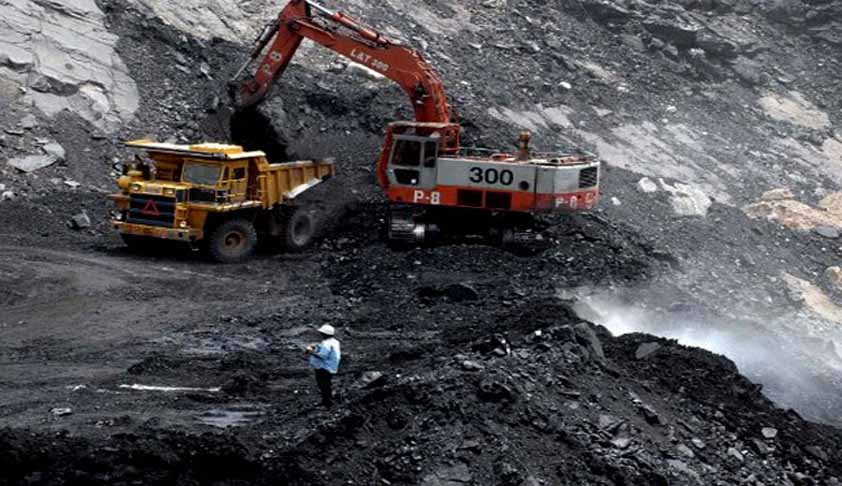A three-judge bench of Supreme Court headed by Justice R L Lodha said it is no ground for cancelling licenses that without getting clearance huge investment have been made by companies in coal blocks and asked the Centre to reply whether it aims to de-allocate such allocations.The Bench said it was totally the companies’ decision to take a risk of investing money on blocks without getting...

